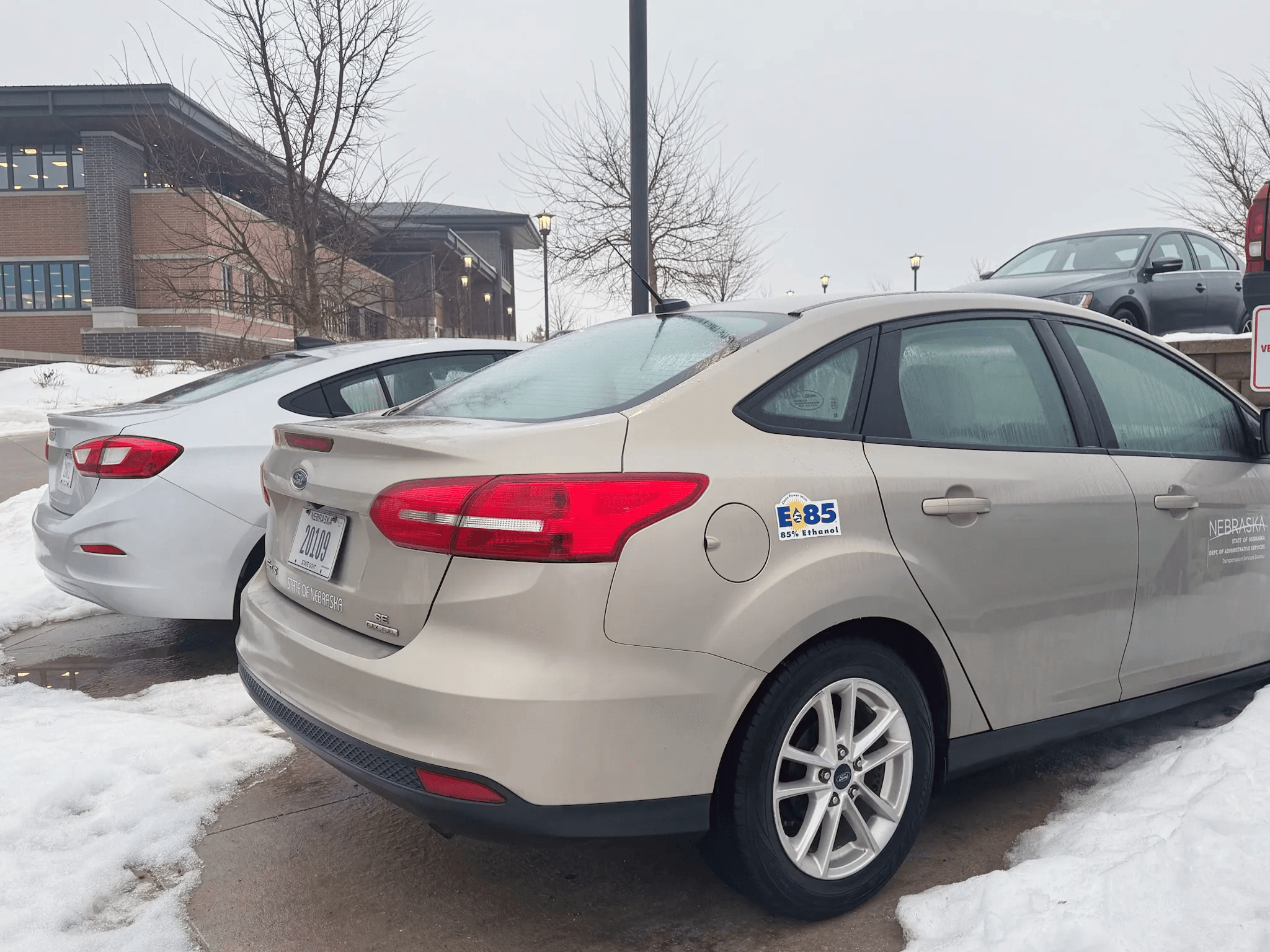In an era where sustainability is paramount, running a business fleet on biofuels is more than a choice; it's a commitment to a greener, more efficient future.
Eco-Friendly Efficiency: Switching your business fleet to biofuels is not just an environmental win—it's a strategic move toward operational efficiency. Biofuels, like ethanol, reduce greenhouse gas emissions, contributing to a cleaner environment while maintaining the performance your fleet demands.
Cost-Effective Solutions: Biofuels offer a cost-effective alternative, providing a buffer against the volatility of traditional fuel prices. With a focus on stability and savings, your business can confidently navigate the road ahead, knowing that biofuels deliver not only on sustainability but also on the bottom line.
Reduced Carbon Footprint: Every mile your fleet travels on biofuels is a step towards a reduced carbon footprint. Take pride in showcasing your commitment to corporate responsibility and environmental stewardship. Running on biofuels is a tangible way to align your business with the growing demand for sustainable practices.
Nebraska's state fleet gets greener!
The Nebraska government has played a major role in supporting the progress of its biofuel industry. In 1980, the State of Nebraska was the first state in the nation to require the use of a 10 percent ethanol blend in state vehicles and today maintains a large state fleet of E85 flexible fuel vehicles. Executive Order 05‐03, 2005 mandates that all state flexible fuel vehicles use E85 whenever reasonably available. Additionally, the Nebraska Transportation Services Bureau and Nebraska Department of Roads must take steps to increase access to E85 and blends of 2% biodiesel (B2) for state vehicle operators.
The State also initiated a pilot program in 2019 to show that E30 is safe and reliable fuel for use in conventional vehicles. This peer-reviewed research was the first scientific demonstration of its kind. The State entered a second phase of the demonstration in 2022, intending to underscore its initial findings in order to support regulatory change to make E30 accessible to all drivers. Read more here.

